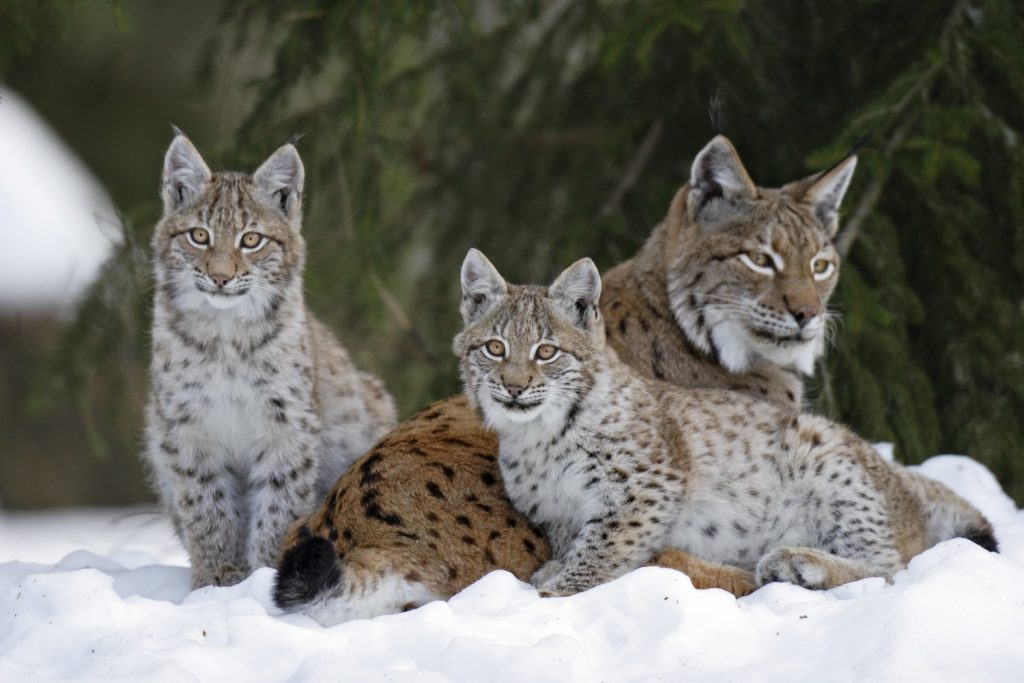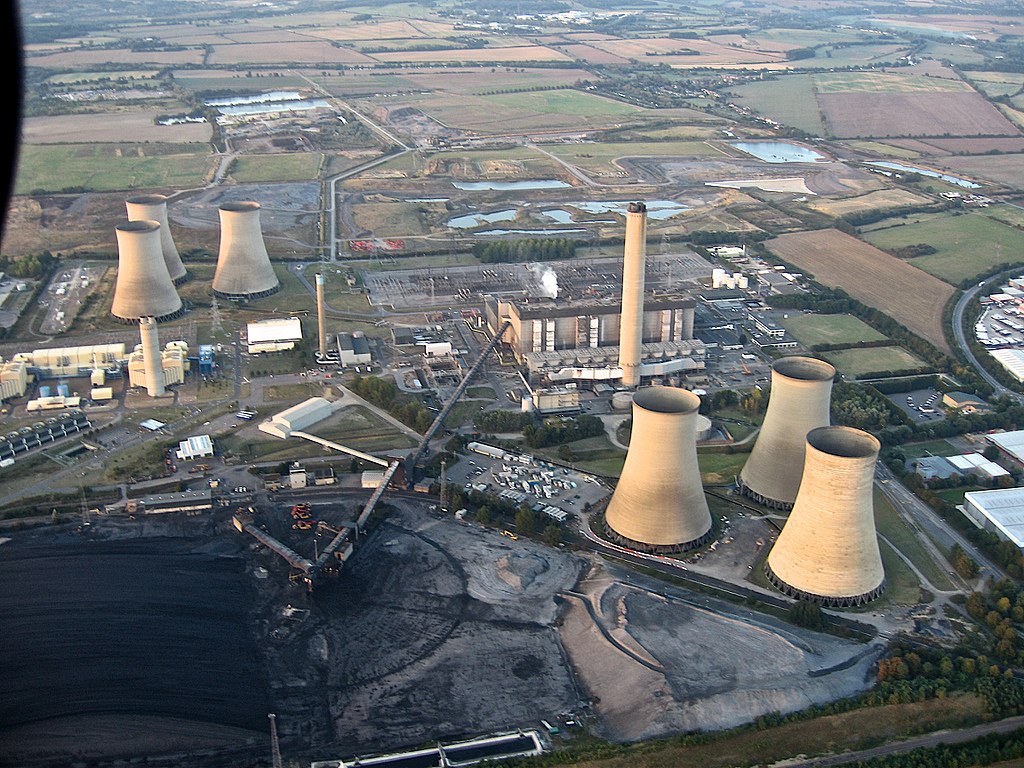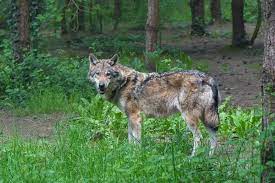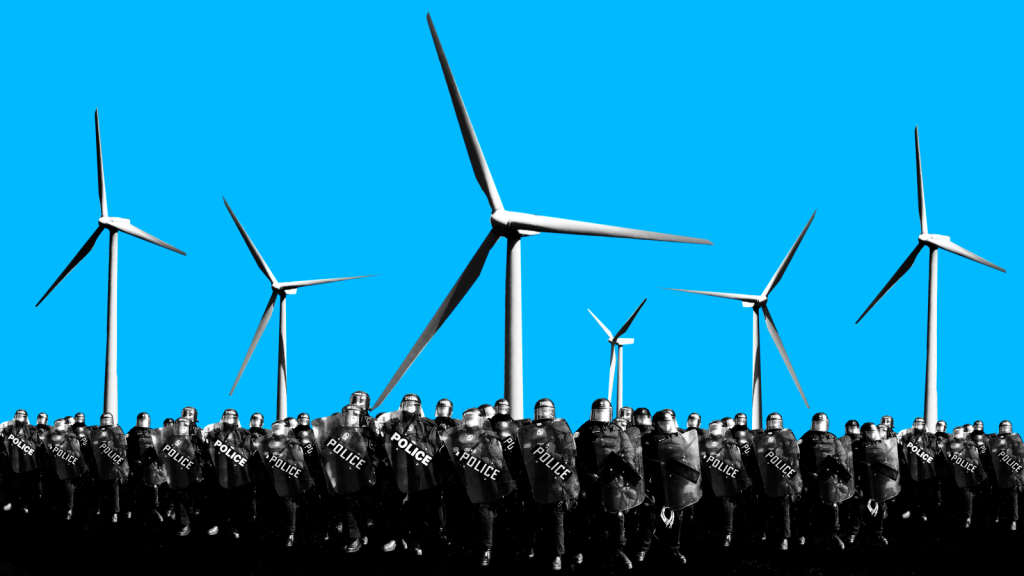The UK likes to toot its horn for its progress in climate change mitigation. It is certainly true that the country is in many areas moving in the right direction. Unfortunately, it appears that in many instances, this is despite rather than because of the British government. Thankfully in the UK the move to electric cars appears to be relentless, which will deal with a significant minor portion of the UK emissions.
The UK government has removed its support for solar panels, and withdrew most of the support for the green housing grant scheme before it was finished (this was despite its positive reviews and how many people wished to take advantage).
Despite the governments target of reducing emissions by 68% below 1990 levels, there is a significant gap between the target, and what the government is planning to do to meet it. At the current time (over 6 and a half years out) the government is admitting it will only meet 92% of its cuts, and this is considered a generous prediction.
So why is the government not ramping up its support of carbon cutting industries -not least because it has repeatedly been shown that if this is done effectively it can grow the economy and work out as the cheaper option.
Given our promise to reach net zero by 2050 we cannot afford to fall behind before 2030, yet this is what this review says our government is currently heading towards.


















